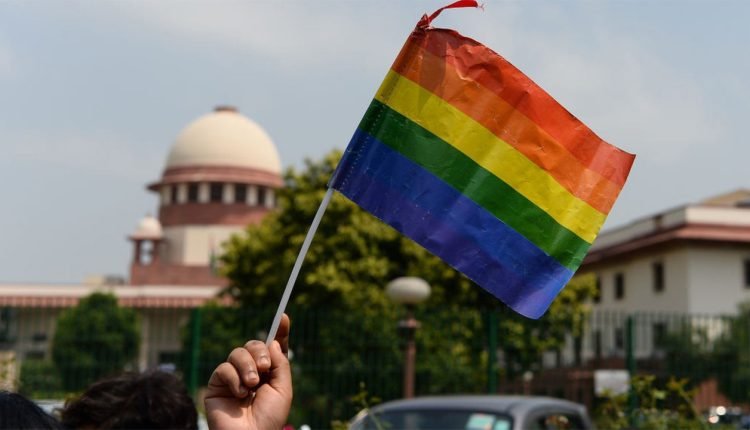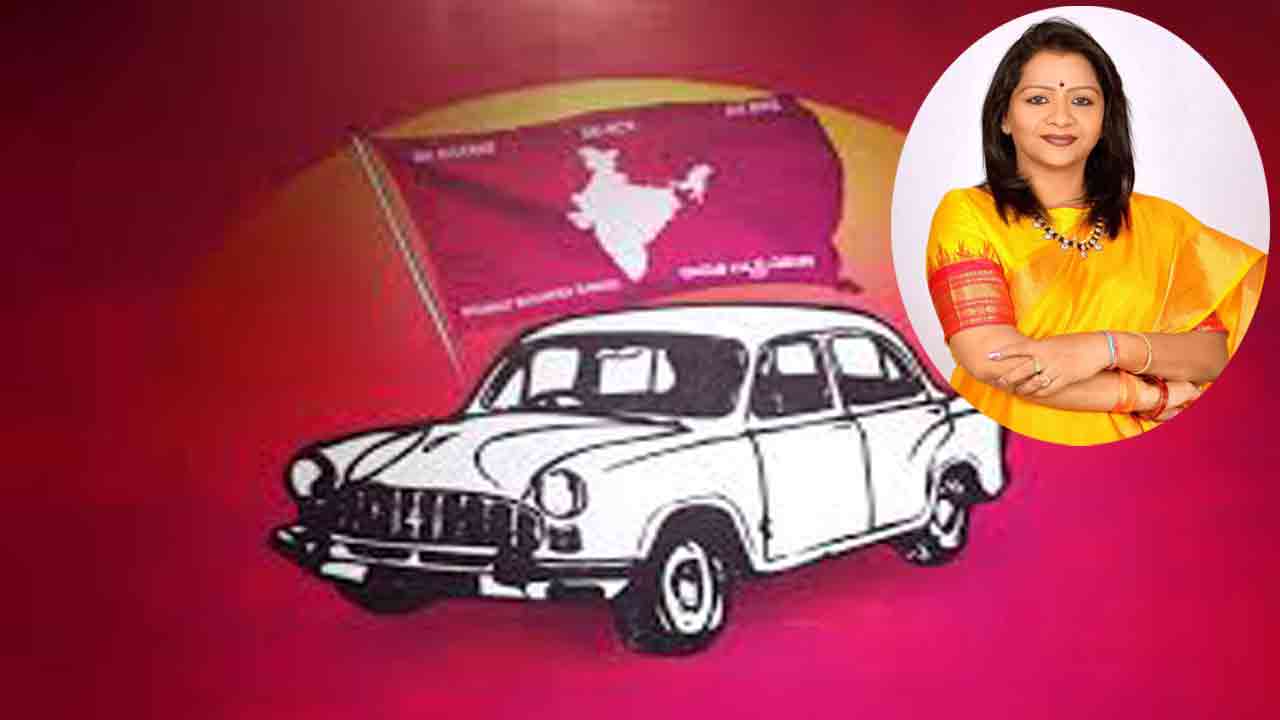BREAKING: Will Same-Sex Marriages Be Legal In India? Supreme Court’s Big Verdict Today
New Delhi: The Supreme Court will today deliver its much-anticipated judgment on petitions seeking legal recognition for same-sex marriages.
A five-judge bench headed by CJI DY Chandrachud, Sanjay Kishan Kaul, Ravindra Bhat, Hima Kohli, and PS Narishma insisted that it was only looking at the legal aspect of the Special Marriage Act and the Foreign Marriage Act and not recognising non-heterosexual marriages
The government has consistently opposed the recognition of same-sex marriage, calling it an urban elitist concept and arguing that it is up to parliament to decide and debate this issue.
A five-judge Constitutional Bench headed by CJI Chandrachud withheld its judgment on the petitions for legal recognition of same-sex marriage on May 11, following a ten-day marathon hearing.
The Centre is contesting the maintainability of more than 21 petitions seeking legal recognition of same-sex marriage, arguing that the courts do not have the authority to create or recognize marriages through judicial interpretation or legislative amendments.
The court has already made it clear that it is not touching personal laws, such as the Hindu Marriages Act, and was only confining itself to the Special Marriage Act.
“Sometimes incremental changes in issues of societal ramifications are better. There is time for everything,” Justice Sanjay Kaul said.
The Centre had argued that marriage was an exclusive heterosexual institution and that those seeking marriage equality were urban elites. The Supreme Court strongly objected to this argument, asking on what basis it was made without any data. Then, Senior Advocate K.V. Vishwanathan presented the case of his client, a transgender person who was disowned and begged on the streets, who was seeking recognition of same-sex marriages.
The Centre through Solicitor General of India Tushar Mehta had argued that the biological gender defined a person’s gender, which was challenged by CJI Chandrachud.
“There is no absolute concept of a man or an absolute concept of a woman at all. It’s not the question of what your genitals are. It’s far more complex, that’s the point. So even when the Special Marriage Act says man and woman, the very notion of a man and a woman is not absolute based on genitals,” the CJI said.
The Bar Council of India had requested the Supreme Court to leave the issue to the parliament and stated that “99% of people” opposed same-sex marriages.
During the course of the hearing, the Centre agreed to a committee headed by the cabinet secretary to examine whether legal rights could be granted to same-sex couples without legal recognition of their relationship as a marriage. The Supreme Court had wanted executive guidelines to be issued to same-sex couples to enable them to have financial security, such as opening joint bank accounts as spouses, provident funds, etc.
Next Story :
-
Telangana Govt’s First Agreement With Unilever During Davos Visit
![Telangana Govt’s First Agreement With Unilever During Davos Visit]()
The investment hunt for Telangana State has begun at the World Economic Forum (WEF) 2025 Annual Conference in Davos, Switzerland. To this end, the Telangana government has signed the first agreement in Davos.
Now you can get the latest stories from Indtoday on Telegram every day. Click the link to subscribe. Click to follow Indtoday’s Facebook page, Twitter and Instagram. For all the latest Hyderabad News updates





